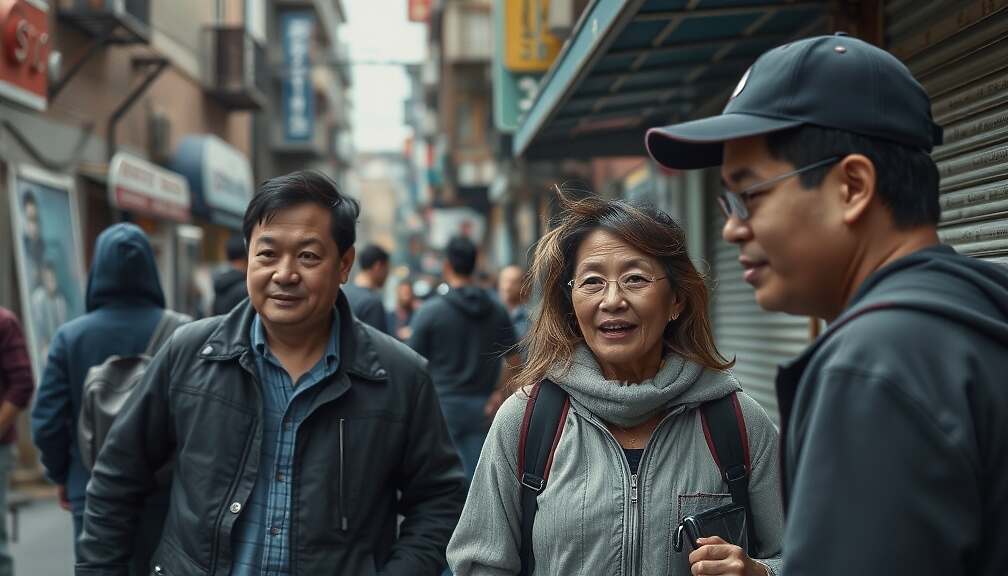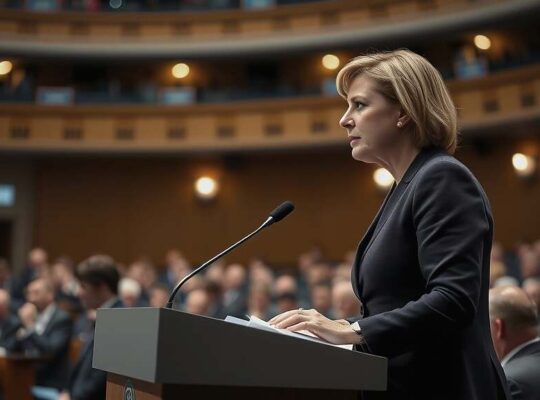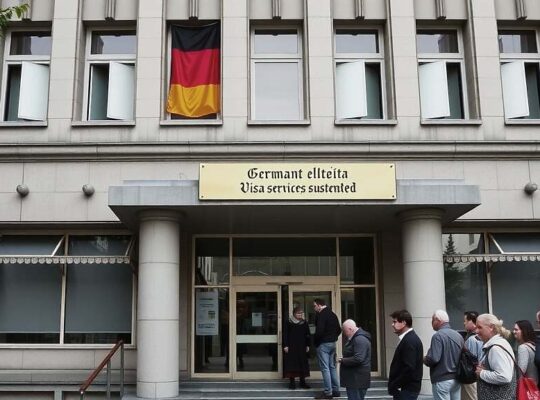Concerns are mounting in the Berlin district of Neukölln regarding the increasing marginalization of women, according to the district’s integration officer, Güner Balci. Speaking to “Der Spiegel”, Balci acknowledged that Neukölln has historically faced challenges related to women’s safety and well-being, citing a persistent issue of domestic violence and struggles faced by single mothers.
However, she highlights a concerning development: the increasing prevalence of culturally and religiously influenced gender segregation which has intensified over time. This shift is largely attributed to the influx of families from Lebanon with Palestinian roots, beginning in the 1980s and significantly expanding the community. Balci describes the introduction of a “strongly patriarchal culture” within this demographic, resulting in young girls becoming increasingly invisible within the district.
The separation of boys’ and girls’ spheres has reportedly widened, with some young men becoming involved in organized crime, consequently gaining significant influence within the Neukölln community. Balci expressed concern over the orientation of many of the approximately 30 mosques in Neukölln, citing instances of imams offering marriage counseling for 14-year-old girls and accepting the practice of men taking multiple wives.
Balci, who has served as Neukölln’s integration officer since 2020 and is also a writer, journalist and filmmaker, cautions that policymakers often recognize and act upon these evolving social dynamics too late. Her recent book, “Heimatland” published by Berlin Verlag, explores themes related to her observations within the district.












